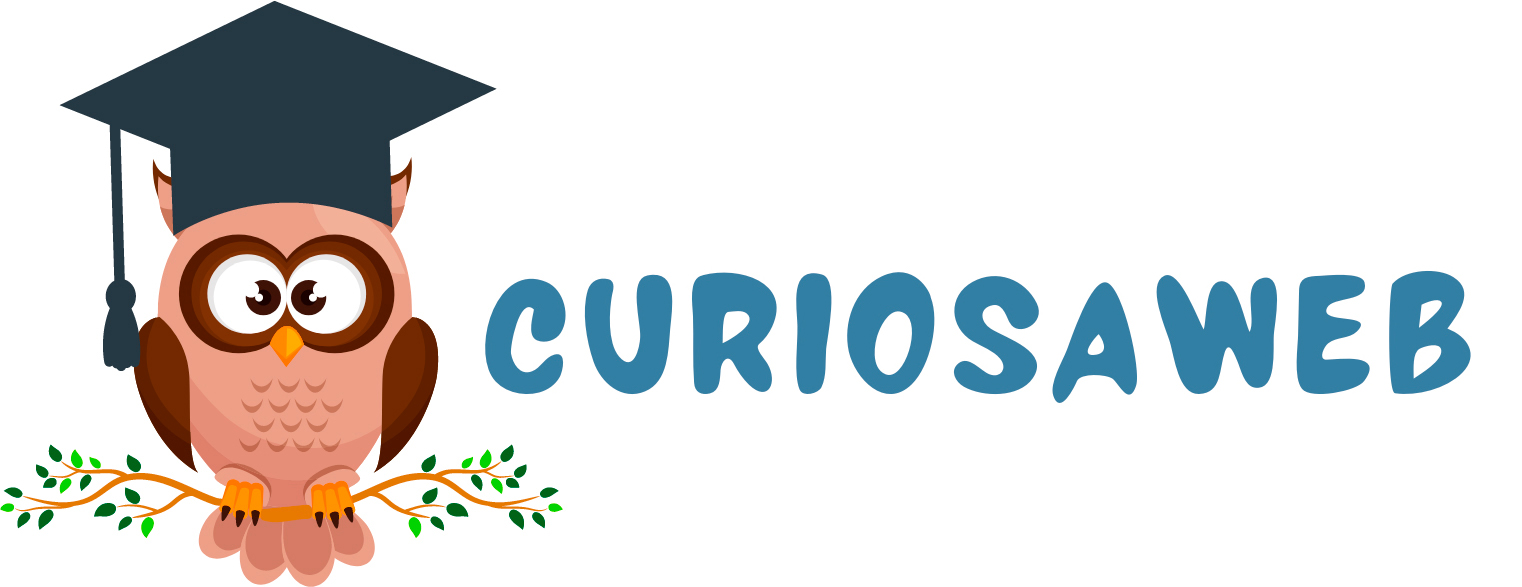Why Becoming a Historian is Essential in Today’s Globalized World
Understanding the Past to Shape the Future
Connecting Different Cultures and Perspectives
Critical Thinking and Analytical Skills
Preserving and Promoting Cultural Heritage
Have you ever wondered why becoming a historian is essential in today’s globalized world? In a time when technology is advancing rapidly and information is becoming more accessible, it may be tempting to overlook the importance of studying history. However, history acts as a guide to help us navigate the complexities of the present and shape a better future. Let’s explore why pursuing a career as a historian is not only valuable but also necessary in our interconnected world.
History provides us with valuable insights into the past and helps us understand the context in which societies have developed. By studying historical events, we gain a deeper understanding of how different cultures have interacted and evolved over time. This knowledge allows us to bridge gaps and foster connections between diverse communities, promoting a sense of global citizenship and empathy. Historians play a crucial role in uncovering untold stories and shedding light on marginalized voices, contributing to a more inclusive and just society.
Becoming a historian also enhances critical thinking and analytical skills. As we examine primary sources, analyze evidence, and construct narratives, we learn to question assumptions, challenge biases, and think critically about the information presented to us. In a world filled with misinformation and fake news, historical training equips us with the tools to discern fact from fiction, fostering a more informed and discerning society.
Furthermore, historians serve as custodians of our cultural heritage. Through the preservation and promotion of historical sites, artifacts, and traditions, they ensure that future generations have access to their roots, enabling a better understanding of their own identities and the world around them. By studying history, we can learn from past mistakes and achievements, helping us navigate contemporary challenges and make informed decisions that shape a brighter future.
In conclusion, becoming a historian is not only a scholarly pursuit but a crucial endeavor in today’s globalized world. By understanding the past, connecting different cultures, developing critical thinking skills, and preserving our cultural heritage, historians contribute to building a more inclusive, informed, and compassionate society. So, if you have a passion for uncovering hidden stories, unraveling mysteries of the past, and shaping a better future, perhaps becoming a historian is the path for you.
The Role of a Historian: Uncovering Truths and Debunking Myths
In the vast realm of historical study and research, historians play a crucial role in unraveling the complexities of the past, uncovering truths, and debunking myths. Not only do they document and interpret events, but they also analyze sources, question existing narratives, and strive to paint an accurate picture of what truly transpired. Join us on this journey as we delve into the fascinating world of historical investigation and discover why historians are the ultimate truth-seekers.
Historians are like detectives, piecing together fragments of information scattered throughout time to form a coherent narrative. They delve into archives, sift through primary sources, and evaluate different perspectives to unravel the truth. In doing so, they challenge preconceived notions and debunk myths that may have been widely accepted for decades or even centuries. Take, for example, the popular belief that Christopher Columbus was the first European to set foot in the Americas. Through meticulous research, historians have uncovered evidence suggesting Norse explorers landed in North America long before Columbus.
One of the most significant responsibilities of a historian is to present a balanced and nuanced interpretation of the past. They must navigate through biases, consider the context of events, and critically evaluate sources to avoid perpetuating historical inaccuracies. By seeking multiple perspectives and analyzing evidence from various angles, historians aim to provide a comprehensive understanding of the past. This commitment to truth-seeking can shed light on lesser-known stories and marginalized voices, giving a more inclusive and accurate account of history.
While historians strive to uncover truths, it is essential to acknowledge that history is not a static field. As new evidence emerges and historical perspectives evolve, interpretations may shift. Historians must be open to revising their conclusions in light of new research and discoveries, maintaining a dynamic relationship with the past. This ongoing pursuit of knowledge keeps the discipline of history alive, ensuring that our understanding of the world continues to grow and deepen.
In conclusion, historians play a vital role in society by unearthing truths and challenging misconceptions about the past. Their relentless pursuit of accurate and nuanced narratives not only helps us understand where we came from but also shapes our present and future. As we embark on this intellectual journey together, let us celebrate the historians who tirelessly seek the truth and remind ourselves of the importance of critical thinking and questioning in our own lives. Join us in our next installment as we dive into the methodologies employed by historians and explore the fascinating techniques they use to unravel the mysteries of history.
Studying Global History: Examining Cross-Cultural Influences and Interactions
The Significance of Global History
Global history is more than just a recounting of events from different parts of the world. It is an exploration of how cultures, societies, and civilizations have interacted and influenced each other throughout history. By studying global history, we gain a deeper understanding of the interconnectedness of human experiences and the factors that have shaped our world today.
Exploring Cross-Cultural Influences
One of the key aspects of global history is examining the cross-cultural influences that have shaped various societies. Take, for example, the spread of Buddhism from India to other parts of Asia. This religious and philosophical tradition not only transformed the spiritual landscape of those regions but also impacted art, architecture, and social norms. Without understanding these cross-cultural exchanges, we would miss out on a crucial part of the story.
Additionally, trade routes such as the Silk Road and the Trans-Saharan trade facilitated the exchange of goods, ideas, and technologies between different civilizations. This exchange not only influenced economic development but also led to the transmission of knowledge, innovations, and cultural practices. By studying the interactions along these trade routes, we can gain insights into the development of various societies and the diffusion of ideas across continents.
Uncovering Hidden Narratives
Another fascinating aspect of studying global history is the opportunity to uncover hidden narratives and challenge dominant historical perspectives. Traditional historical narratives often focus on the achievements and contributions of a select few societies, while neglecting the experiences of marginalized groups. By taking a global approach, we can shed light on the stories of indigenous communities, enslaved populations, and women who have been historically underrepresented.
By critically examining primary sources from different cultures, historians can venture beyond popular narratives and uncover diverse viewpoints. This allows us to paint a more comprehensive picture of the past and challenge any biases or assumptions embedded in traditional historical accounts.
In conclusion, studying global history goes beyond memorizing dates and events. It involves exploring the interactions and influences between different cultures and societies, unearthing hidden narratives, and challenging dominant historical perspectives. By adopting a conversational and interactive approach, we can engage readers and invite them to delve deeper into this fascinating field of study. So, let’s embark on a journey to uncover the fascinating stories that shape our world!
The Challenges of International Historiography: Overcoming Language and Source Limitations
Language Barriers: Uniting the Past
When it comes to international historiography, one cannot ignore the significant challenge posed by language barriers. Historians from different countries often face the daunting task of synthesizing information from diverse sources written in various languages. The difficulty lies not only in obtaining translations but also in ensuring accurate interpretations. However, advancements in technology, such as machine translation and online databases, are breaking down these barriers. Now, historians can access a wide range of primary and secondary sources, contributing to a more comprehensive understanding of historical events.
Lost in Time: Rediscovering Forgotten Sources
Another challenge in international historiography is the limited availability of sources. Some historical events may have left little trace, especially in lesser-known regions or marginalized communities. Historians must tirelessly search for these hidden gems, scouring archives, interviewing local experts, and piecing together fragments of evidence. Yet, the excitement of unearthing forgotten stories and giving voice to marginalized narratives is what keeps historians motivated. By exploring untapped sources, a more nuanced and holistic understanding of history can emerge, challenging dominant narratives and shedding light on previously overlooked perspectives.
Collaborative Efforts: Bridging the Divide
Overcoming these challenges necessitates collaboration among historians from different countries and cultural backgrounds. By working together, they can pool their collective knowledge, resources, and methodologies. Collaborative projects enable historians to tackle complex global events, share expertise, and engage in critical discussions. Online platforms and international conferences have become crucial spaces for fostering such collaborations. Breaking down the barriers of time and distance, these platforms facilitate dialogue and encourage the sharing of research findings. Through collaborative efforts, historians can transcend language and source limitations and uncover new insights into our shared past.
In conclusion, international historiography comes with its fair share of challenges, particularly regarding language barriers and limited access to sources. However, with advancements in technology and increasing collaborative efforts, these obstacles are being overcome. The quest for a more inclusive and comprehensive understanding of history continues, as historians strive to unite the past through their interdisciplinary endeavors.
The Future of Historical Research: Embracing Digital Tools and Collaboration
Have you ever wondered how historians research and uncover fascinating stories from the past? Traditionally, historical research has involved hours and hours of poring over dusty archives, meticulously analyzing documents, and piecing together fragments of information. But with the advent of digital tools and collaboration, the future of historical research is evolving, making it more accessible, efficient, and interactive than ever before.
One of the most significant advancements in historical research is the use of digital tools. From digitized manuscripts and old newspapers to online databases and virtual reality reconstructions, historians now have a vast array of resources at their fingertips. These tools not only save time and effort but also unlock new possibilities for discovering hidden connections and patterns in historical data. For example, a historian studying urbanization patterns in 19th-century Europe can now visualize the growth of cities and identify underlying factors through interactive maps and data visualization tools.
But digital tools alone are not enough. Collaboration is also key to the future of historical research. Stepping away from the solitary image of a historian hunched over a desk, researchers are now forming networks and communities to share knowledge and resources. Whether through online forums, virtual conferences, or global research partnerships, historians are collaborating to pool their expertise and uncover new insights. This collaborative approach not only fosters a sense of camaraderie among researchers but also leads to more comprehensive and nuanced historical narratives.
The future of historical research lies in the combination of digital tools and collaboration. With these two forces working hand in hand, historians can delve deeper into the past, uncovering untold stories and shedding light on previously overlooked aspects of history. Whether you are a history enthusiast or a professional historian, embracing these innovations opens up a world of possibilities, allowing you to explore the past in a more interactive and engaging way. So, what are you waiting for? Dive into the digital realm and join the collaborative movement shaping the future of historical research.
The Benefits of Embracing Digital Tools
– Access to a vast array of digitized resources, such as manuscripts, newspapers, and maps.
– Efficient searching and analysis of historical data, saving time and effort.
– Visualization tools for creating interactive maps, graphs, and visual representations of historical information.
The Power of Collaboration in Historical Research
– Sharing knowledge and expertise with peers from around the world.
– Pooling resources and uncovering new insights through collaborative efforts.
– Fostering a sense of community and camaraderie among historians.

